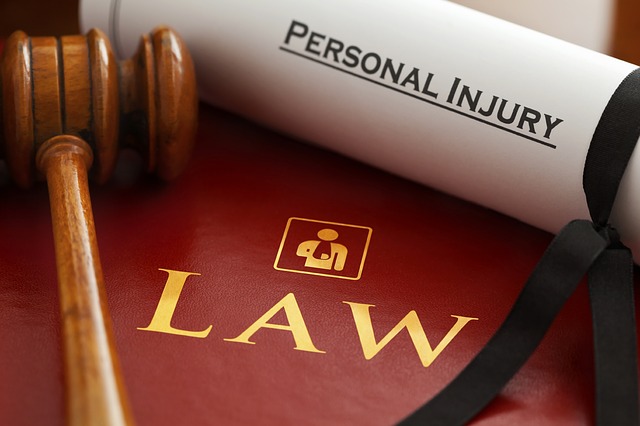4 Reasons to Settle a Personal Injury Case
If you’re hurt in an accident, you may pursue damages to cover your associated costs, like your medical expenses. In personal injury lawsuits, most cases don’t go to court, however. Many times a plaintiff will settle with an insurance company for an agreed-upon amount of money.
Damages that are available as part of a settlement can cover medical expenses, wage loss, pain and suffering, loss of enjoyment of life, and loss of future earning capacity.
A settlement can occur before a personal injury lawsuit is filed but prior to a claim arising. A settlement can also be reached after a court case has been filed and a trial has started, as long as there’s not yet a final verdict. In some instances, a settlement can even be reached after a trial, during jury deliberation.
Once the parties reach a settlement, they have to give up their right to any future claims against the defendant because of the accident. That means if you’re the plaintiff, you sign a full liability release.
The following are some of the main reasons it’s good to settle a personal injury case whenever possible.
1. Trials Are Stressful
If you’ve been hurt in an accident, you’ve probably already experienced a lot of stress because of it. You may be dealing with the accident’s ripple effects on your life, and the thought of then having to face a stressful legal trial may be something you can’t mentally handle.
While personal injury trials don’t usually last more than a few days, both parties have to go through examination and cross-examination.
Your personal history and character may be scrutinized, and there can be a lot of work leading up to a trial.
2. Damages Are Unpredictable If You Go to Trial
A jury may award you, as a plaintiff, much more money than what you were being offed to settle, but there’s certainly no guarantee of that. Trials aren’t predictable, and there are a lot of variables and different factors to consider.
For example, the judge might decide to exclude certain evidence, or there could be issues with eyewitness testimony.
If you were the plaintiff in a personal injury case that went to trial, what you win in damages is up to a jury.
You have a lot more control over an out-of-court settlement. There’s always the potential it could have been less than what a jury would have ultimately awarded, but you have no certainty over that.
3. The Process Can Take Years
It can take a year for a trial to start after your attorney files your initial lawsuit. Then, even after there’s an outcome in court, that doesn’t mean that the case ends.
The losing party can appeal the outcome.
That means that even if you think your case is simple and straightforward, it can take years for the process to end. Sometimes it can take up to four years.
When you settle, you can get things resolved and take the hassle and uncertainty out of your life.
Plus, settlements can’t be appealed.
4. The Details of a Trial Aren’t Private
When you have a settlement with an insurance company, then the information is private. A trial becomes public record, however, unless the judge seals the case. That means that any witness testimony, evidence, and anything both sides used against one another could be available for anyone to read.
With a settlement, you’re entirely in control of what’s private, and that includes the specific terms of the settlement itself.
If you’re involved in a personal injury situation, what you’ll find is that the defendant is going to understand the advantages of settling as well.
For a defendant, it’s less expensive to settle, and they can avoid having details become public.
A settlement similarly gives the defendant more control over the outcome versus a trial, so they can manage their costs if they know they’re going to have to pay something to the plaintiff.
The primary downside of a settlement for a plaintiff is that you may worry you won’t get the compensation you deserve. That’s where a good lawyer is important. Your lawyer can negotiate and use evidence to maximize your settlement and still prevent you from having to go to court.
With all that in mind, your lawyer may ultimately advise you that trial is your best option, and in that case, they can guide you through the process and make it as painless for you as possible.





